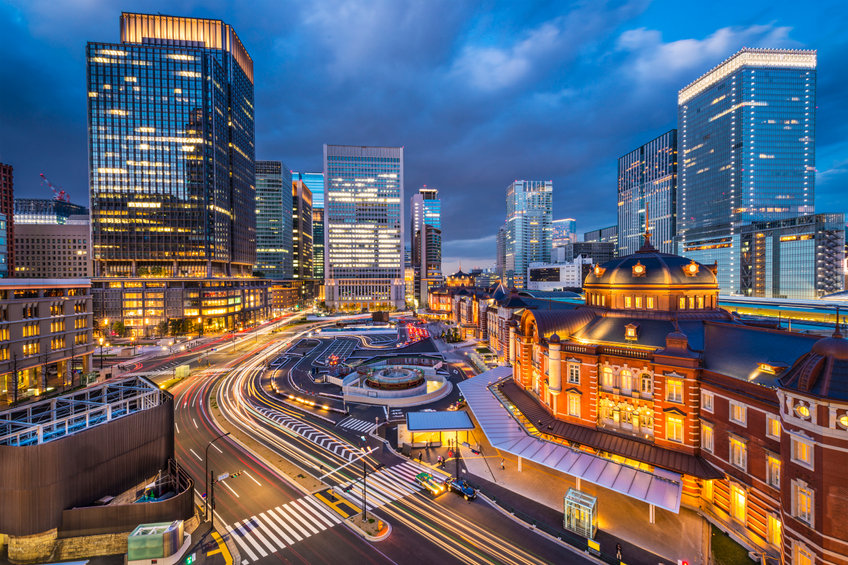Why did Japan industrialize?

Why did Japan industrialize?
Japan underwent a period of rapid industrialization during the late 19th and early 20th centuries. This was largely due to a combination of internal and external factors, including:
- Government policies: The Meiji government, which came to power in 1868, made industrialization a priority and implemented policies such as land reforms, taxation changes, and the establishment of government-owned industries to support the development of a modern industrial economy.
- Access to foreign technology and knowledge: Japan was able to learn from the experiences of more developed countries and adopt advanced technologies, such as machinery and manufacturing techniques, which helped them to quickly catch up with other industrialized nations.
- Natural resources: Japan had limited natural resources, but it was able to leverage its strategic location to import resources such as coal and iron ore from nearby countries like China and Korea.
- Education: The government invested heavily in education, especially in technical and scientific fields, which provided a skilled workforce for Japan’s expanding industrial sector.
- Infrastructure: Japan invested in building a modern transportation system, including railroads, ports, and highways, which facilitated the movement of goods and people across the country.
- Government policies: The Meiji government, which came to power in 1868, made industrialization a priority and implemented policies such as land reforms, taxation changes, and the establishment of government-owned industries to support the development of a modern industrial economy.
- Access to foreign technology and knowledge: Japan was able to learn from the experiences of more developed countries and adopt advanced technologies, such as machinery and manufacturing techniques, which helped them to quickly catch up with other industrialized nations.
- Natural resources: Japan had limited natural resources, but it was able to leverage its strategic location to import resources such as coal and iron ore from nearby countries like China and Korea.
- Education: The government invested heavily in education, especially in technical and scientific fields, which provided a skilled workforce for Japan’s expanding industrial sector.
- Infrastructure: Japan invested in building a modern transportation system, including railroads, ports, and highways, which facilitated the movement of goods and people across the country.
- The need for economic and military power: Japan’s leaders recognized the importance of industrialization in achieving economic and military power, especially given the increasing influence of Western powers in Asia. They saw industrialization as a means to catch up with and potentially surpass the Western powers.
- A culture of innovation and hard work: Japanese society had a strong emphasis on discipline, hard work, and innovation, which helped to drive the country’s rapid industrialization. This was reflected in the work ethic of Japanese workers, who were known for their high productivity and efficiency.
- Entrepreneurship: Japan had a growing class of entrepreneurs who were willing to take risks and invest in new industries. They were able to use government support and foreign technology to start successful businesses, which helped to drive the country’s economic growth.
Did Japan industrialize because of the threat of the West?
Yes, protecting Japan from the perceived threat of the West was one of the key reasons why Japan pursued industrialization. In the mid-19th century, Japan was forced to open up to foreign trade by Western powers, which threatened to undermine Japan’s traditional way of life and autonomy. Japan saw industrialization as a means to strengthen its economy and military, which would enable it to resist foreign influence and maintain its independence.
The Meiji government, which came to power in 1868, made modernization and industrialization a top priority. They believed that a strong and modern industrial economy was essential to Japan’s survival in a rapidly changing world. The government implemented a series of policies and reforms to promote industrial development, including the establishment of government-owned industries, the creation of a modern banking system, and the adoption of Western technology and knowledge.
By the turn of the 20th century, Japan had successfully industrialized and had become a major economic and military power in East Asia. Japan’s modernization and industrialization efforts played a significant role in allowing it to resist foreign influence and maintain its independence during a period of intense competition and conflict with Western powers.
Some people say that without industrialization, the country would have been colonized.












